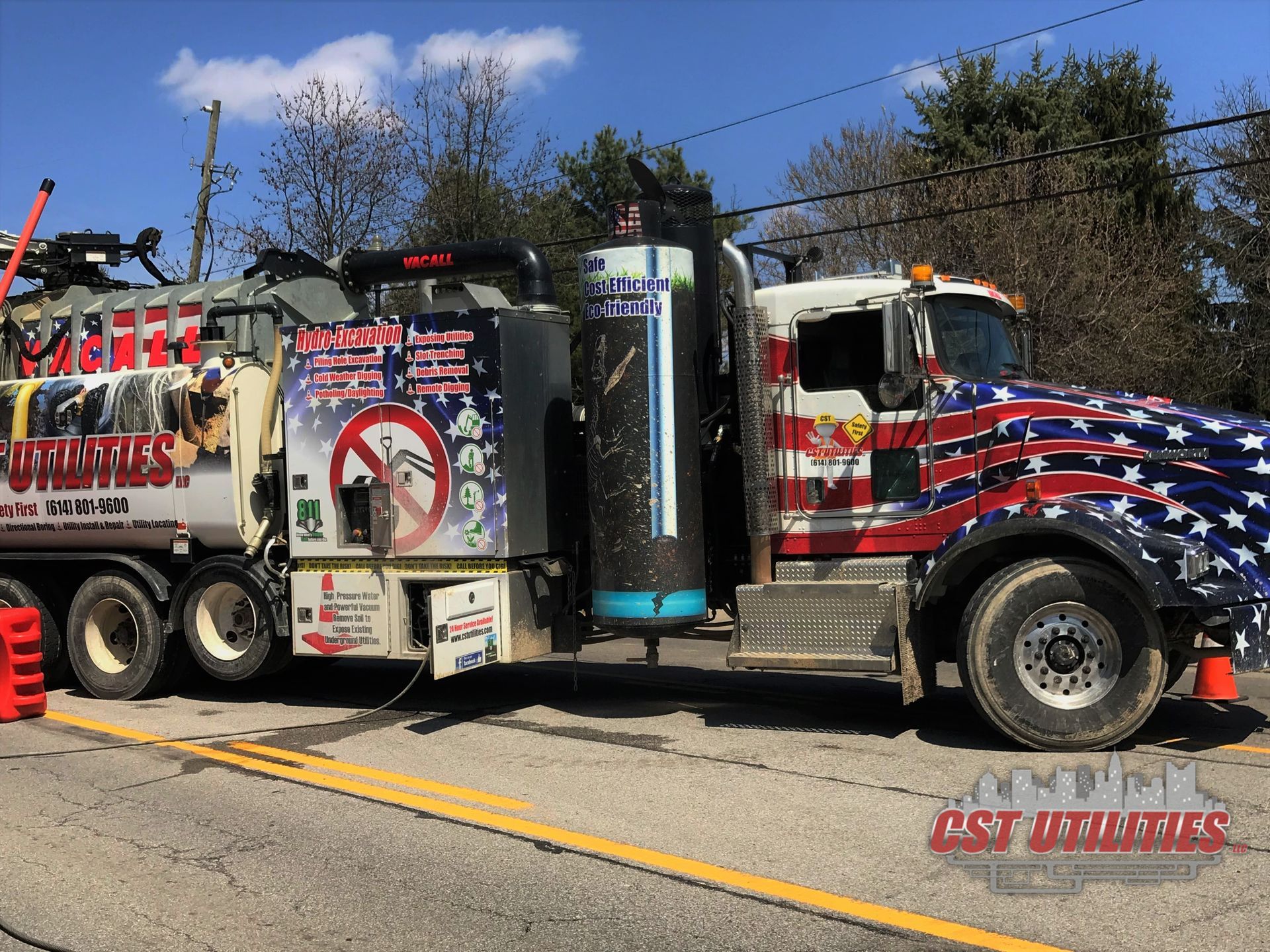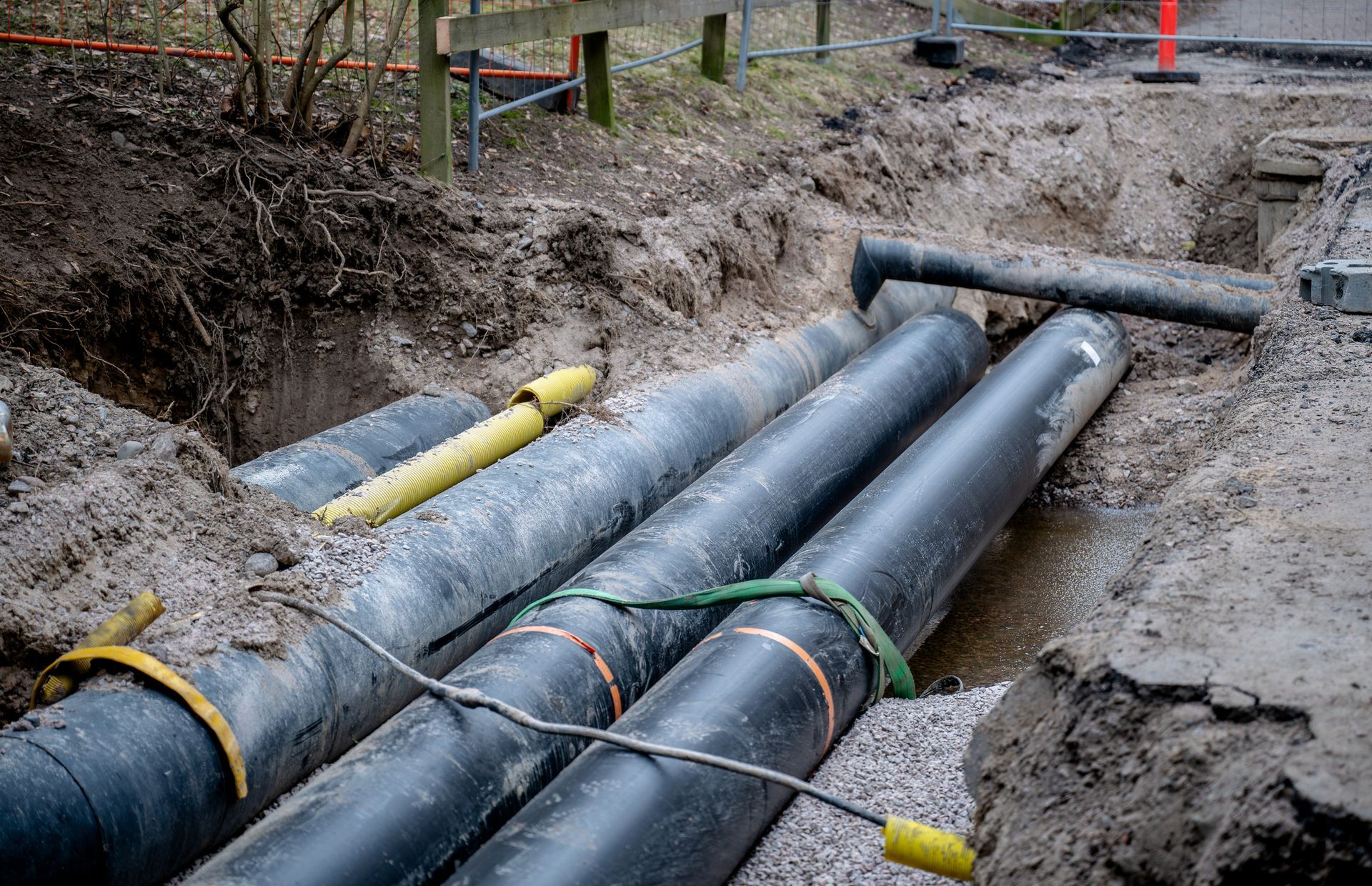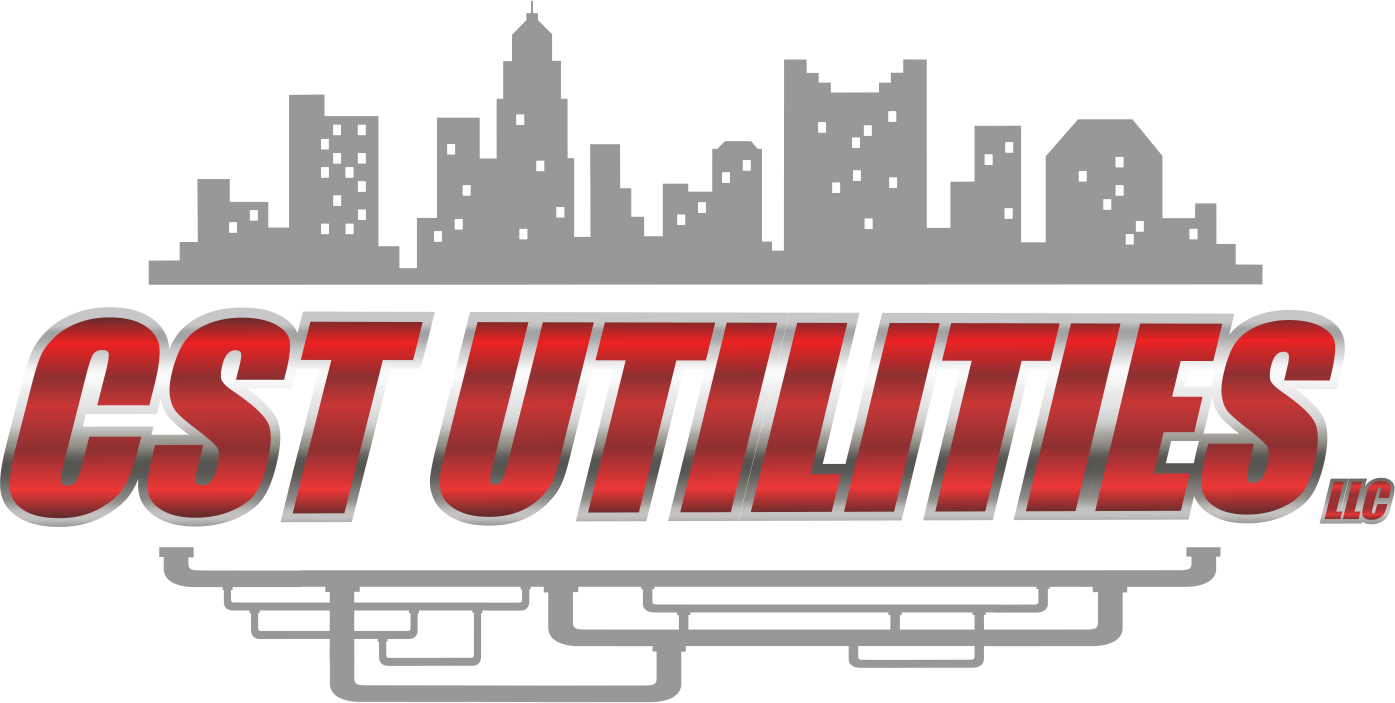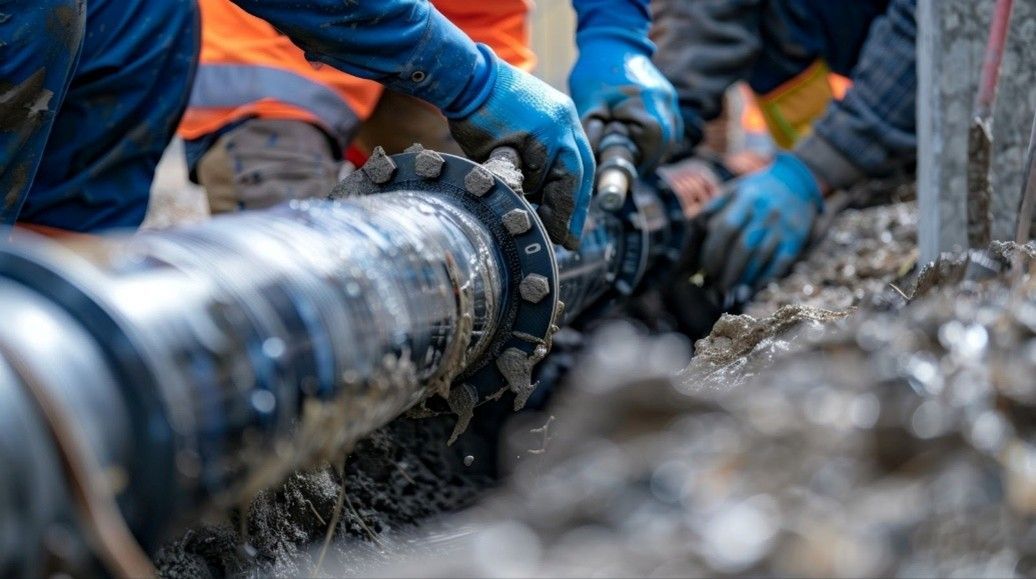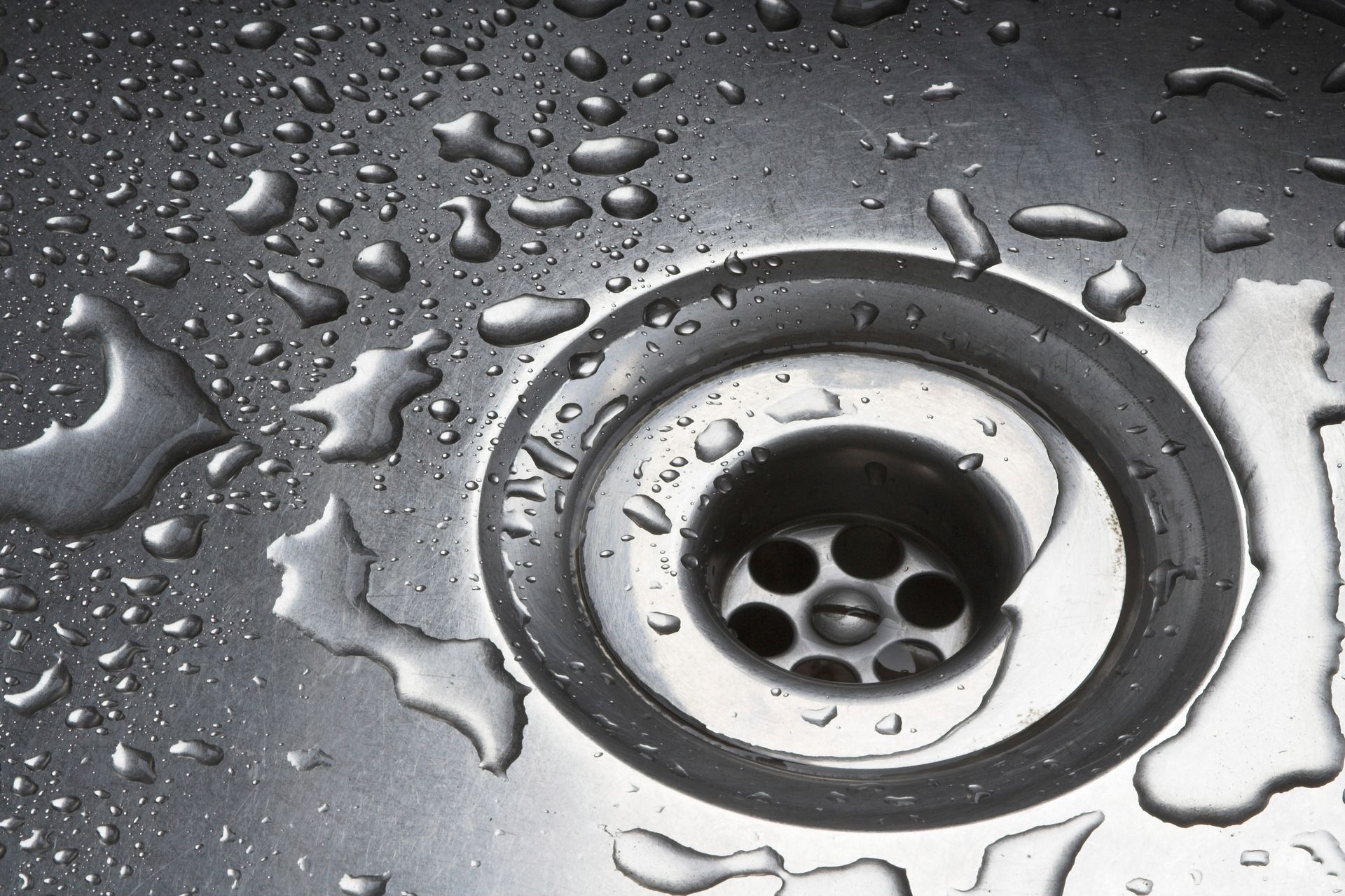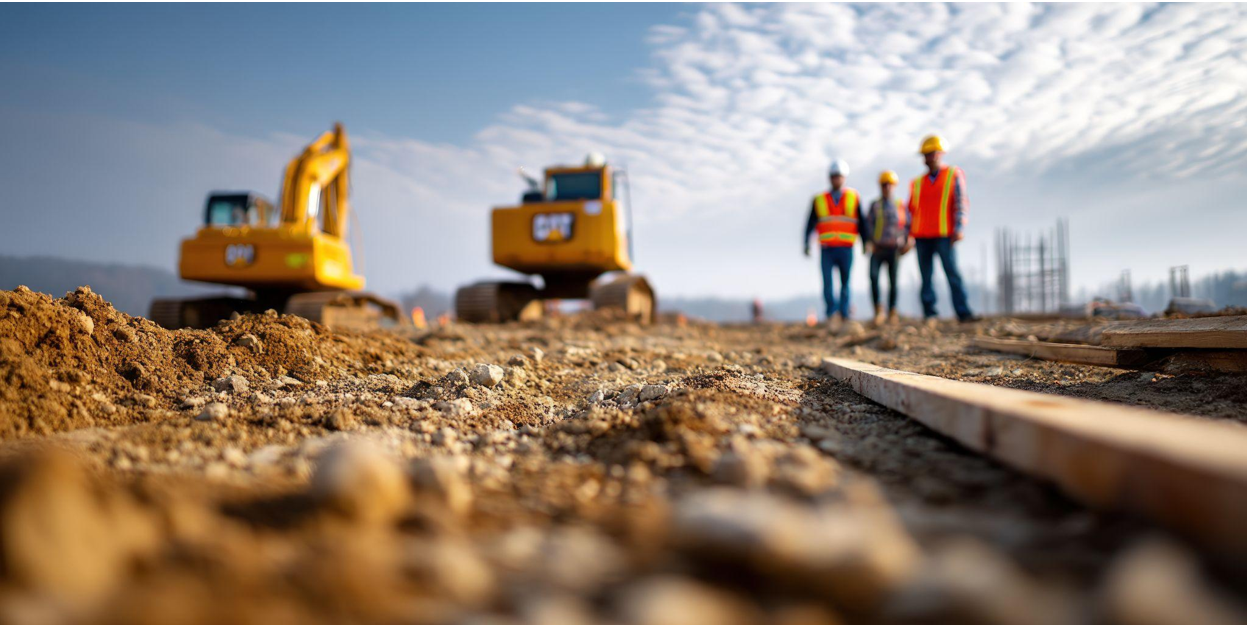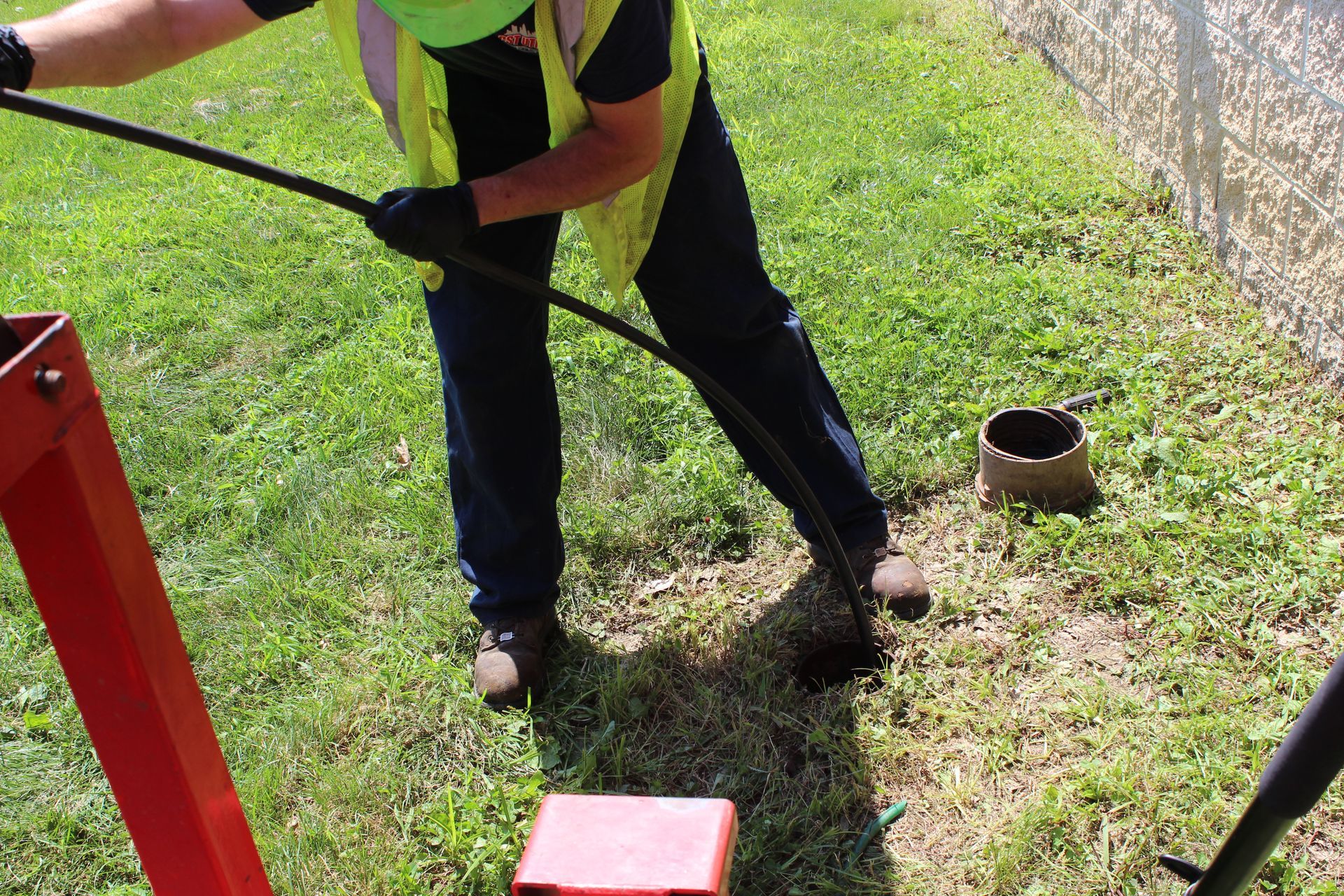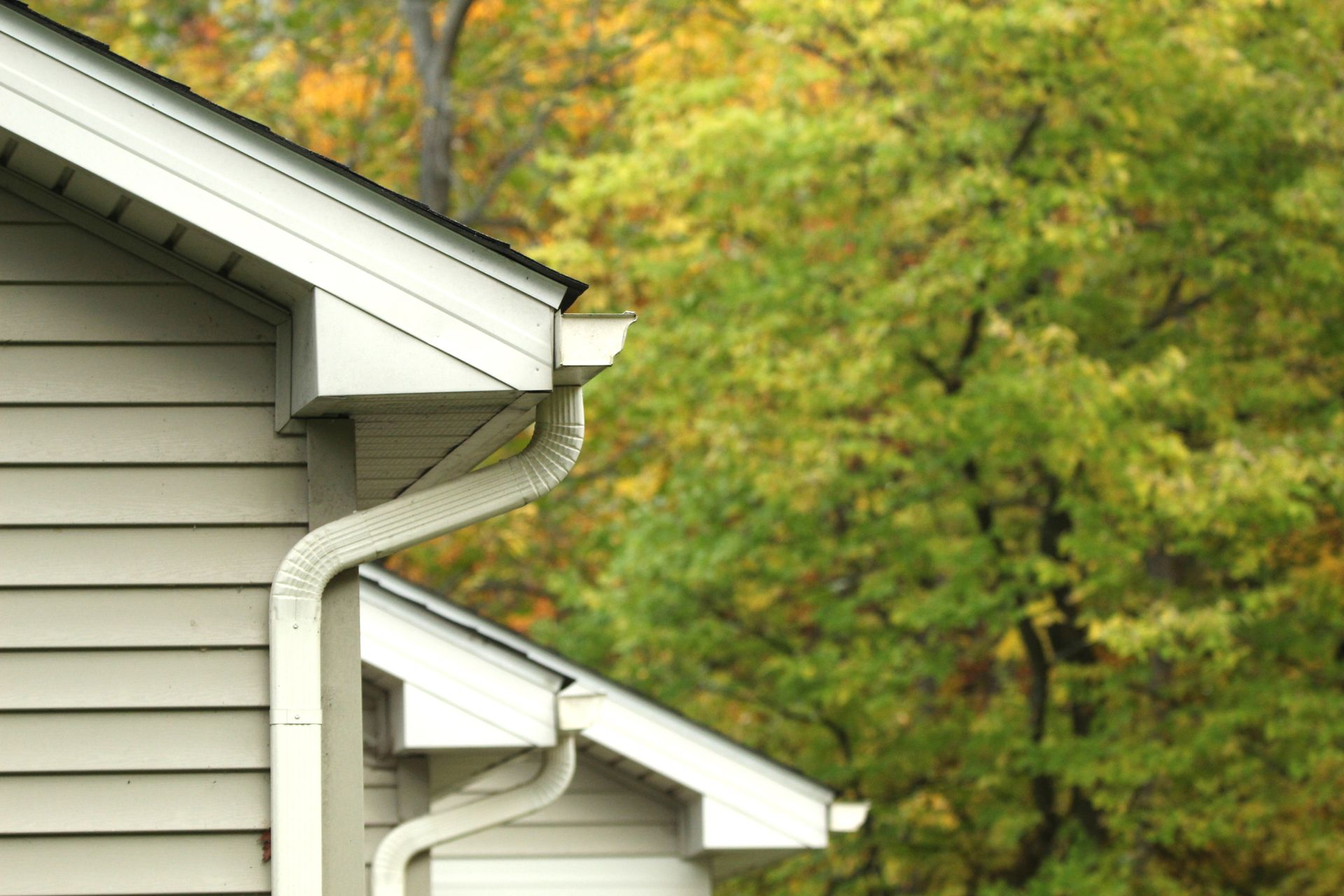Why It’s the Law to Call the Ohio Utilities Protection Service Before You Dig on Your Property and When to Call a Locating Contractor to Locate Private Utilities That OUPS Does Not Cover
If you’ve ever undertaken a home improvement project involving digging, you’ve likely heard the warning: call before you dig. In Ohio, as in many other states, it’s not just a suggestion; it’s the law. Homeowners and contractors alike are required to call the Ohio Utilities Protection Service (OUPS) 48 hours before starting any excavation project. But what makes this so essential? Here’s a look at why calling OUPS is both a legal requirement and a critical safety measure.
Preventing Accidents and Ensuring Safety
Underground utility lines for natural gas, electricity, water, telecommunications, storm water and sewage are common in residential areas. Accidentally hitting one of these lines can lead to dangerous, even life-threatening, situations. For example, striking a gas line could lead to an explosion, while damaging an electrical line could result in electrocution or damaging a communications line could prevent people from reaching first responders in a life threatening situation.
Calling OUPS 48 hours prior to digging gives utility companies the chance to mark the location of buried lines on your property, ensuring that anyone digging is aware of potential hazards. It’s a small step that can prevent serious accidents and protect lives.
Avoiding Costly Repairs and Fines
Damaging utility lines doesn’t just create a safety risk; it can also lead to hefty fines and repair costs. If you fail to call OUPS and accidentally damage a utility line, you may be liable for the costs to repair the damage and restore service. Utility lines can be expensive to repair, and in some cases, the person responsible for the damage may also face fines for failing to follow the legal requirements of calling before digging.
Preventing Service Disruptions
Think about how much our lives rely on utilities like the Internet, water, and electricity. Damaging a line could disrupt service not just for you but for your entire neighborhood, leaving others without essential services for hours or even days. By calling OUPS and having lines marked, you help maintain uninterrupted service in your community.
It’s Quick, Free, and Easy to Do
Ohio law mandates that anyone planning to dig call OUPS at least 48 hours before breaking ground. Fortunately, the process is simple and free for the caller. You can call 811 or submit a request online. Once you contact OUPS, representatives from various utility companies will come to your property and mark the location of any underground lines, in Ohio and many other states within two business days and three business days in some other states.
Legal Compliance Protects You
Failing to call before you dig is a legal violation in Ohio and can result in fines or legal action if an incident occurs. This requirement ensures that everyone adheres to a consistent safety standard. When you call OUPS, you’re not only following the law but also documenting your responsibility, which can protect you from liability in the event of an accident.
Calling the Ohio Utilities Protection Service is a critical step in any excavation project, from planting a tree to installing a fence. It’s the law for a reason: to protect people, property, and infrastructure. By calling OUPS, you’re making your project safer, saving yourself from potential financial burdens, and helping to maintain utility service for everyone in your area.
Private Utilities Beyond OUPS Coverage
Not all underground utilities are marked when you contact OUPS. OUPS primarily identifies public utilities owned by major utility providers, such as those supplying gas, electricity, telecommunications, and municipal services. While OUPS marks the mains and laterals up to the meter, anything beyond the meter is considered private and will not be located by the utility companies or their contractors.
For private utilities, you will need to hire a private utility locating contractor to ensure all underground lines are identified before starting your project. Although Ohio law does not currently require private utilities to be marked, doing so is a smart precaution. Properly marking private utilities helps protect you from the potential dangers and costly damages that could occur if these lines are struck. So, the next time you’re planning to dig, remember: call before you dig—it’s the law and the right thing to do!
